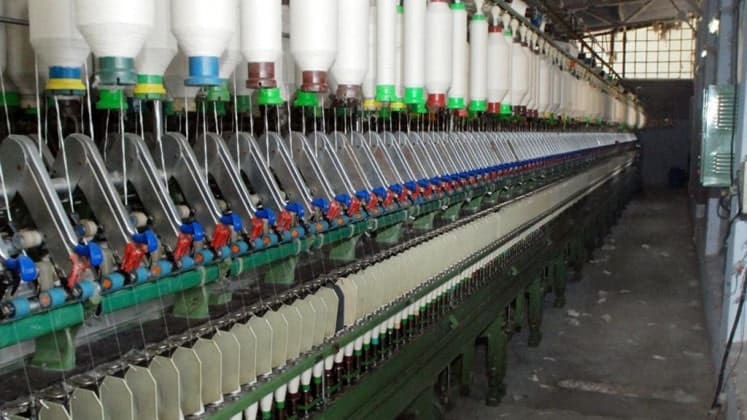The laborers at the state co-operative spinning mill in Aralvaimozhi, Kanyakumari district, have been hit hard by a recent decision to cut shifts. Citing a power tariff hike and shortage of raw materials, the management reduced the number of shifts from three to two, leading to an increased workload for the workers.
Under the previous three-shift system, the first shift lasted from 12 am to 7 am, with a working time of 6.30 hours and 30 minutes allocated as leisure time. However, under the new system, the workers are now forced to work non-stop for eight hours without any leisure period. In violation of labor laws, the workers demanded the revival of the three-shift system.
Coming out in support of the workers, Kanyakumari MLA N. Thalavai Sundaram blamed the Tamil Nadu government for overburdening the laborers. Sundaram alleged that the reduction in shifts was an attempt by the government to cut down on electricity costs, which had significantly risen due to the tariff hike.
The rising power costs are expected to raise the production costs of yarn manufactured in the co-operative mills, making them less competitive in the market. Sundaram further criticized the Co-operative Department for its lackadaisical approach to ensuring an adequate supply of raw materials.
This problem extends beyond the Aralvaimozhi mill, as the five other co-operative spinning mills in Ettayapuram, Theni, Ramanathapuram, Pudukottai, and Krishnagiri face similar challenges due to the power tariff hike imposed by the state government. Concerns are growing that these co-operative spinning mills may need to reduce production and workforce to manage their electricity expenses.
In response, the MLA recommended subsidized power tariffs for co-operative spinning mills and urged the state government to reintroduce schemes such as free uniforms and sarees/dhotis during the Pongal festival.

